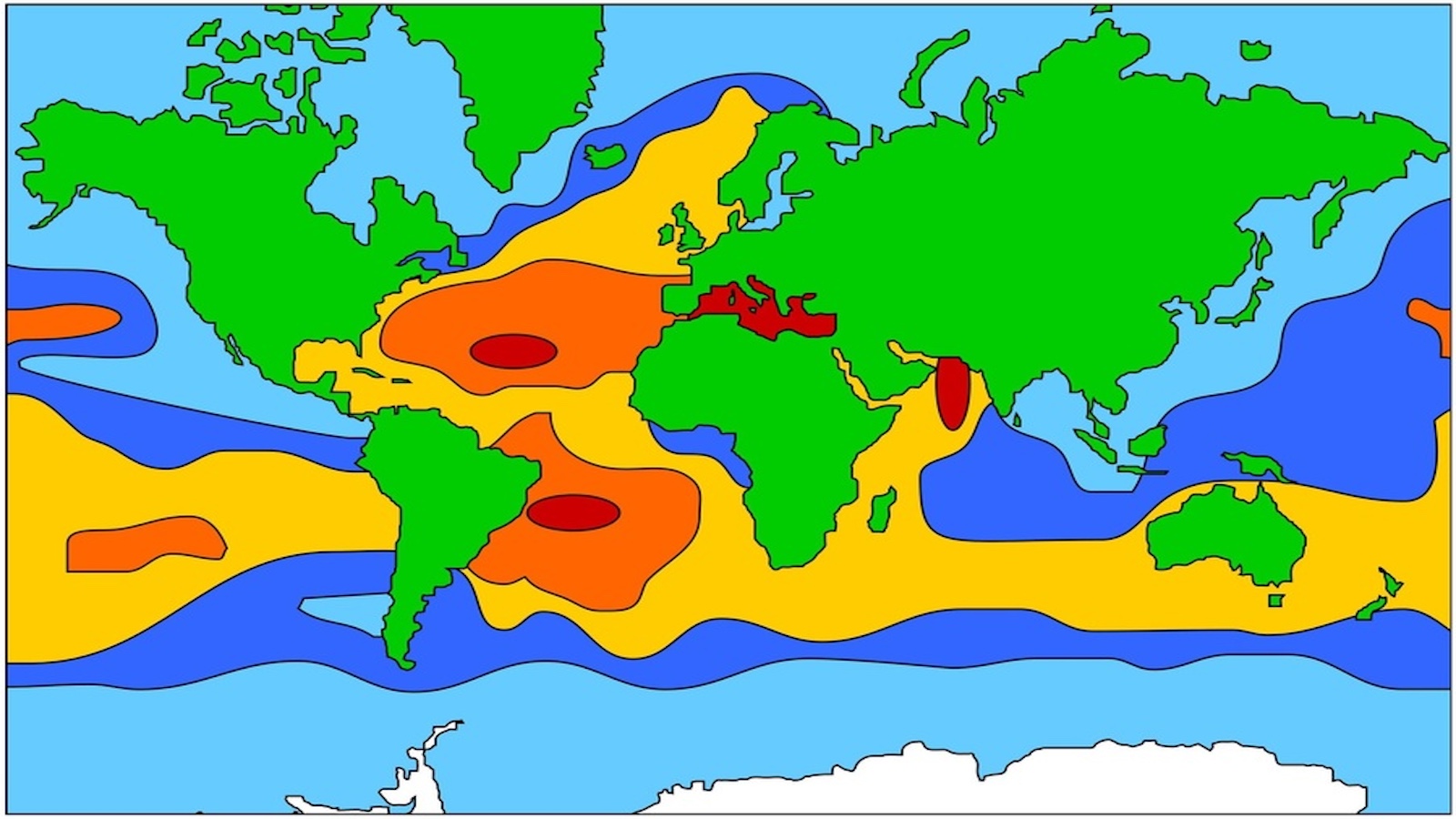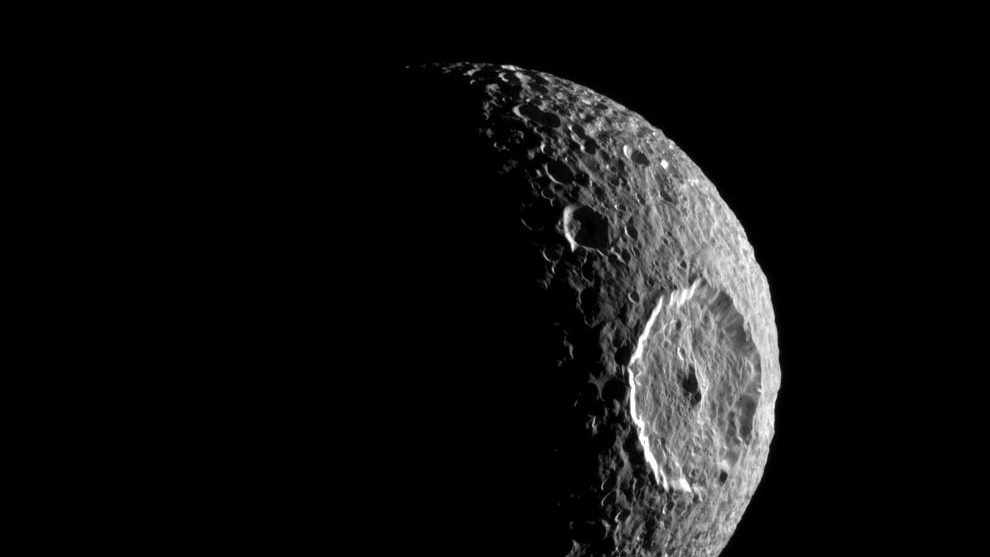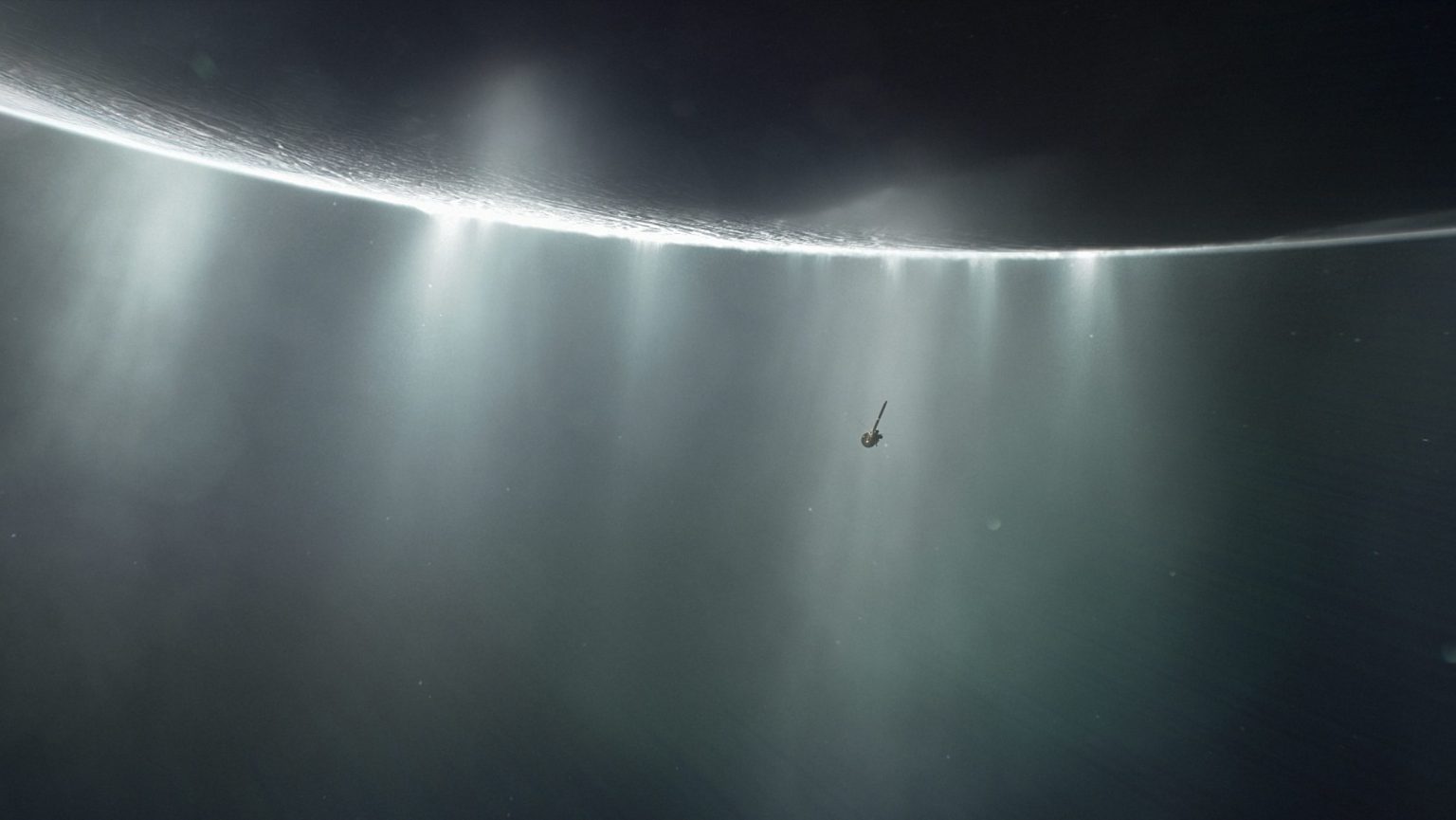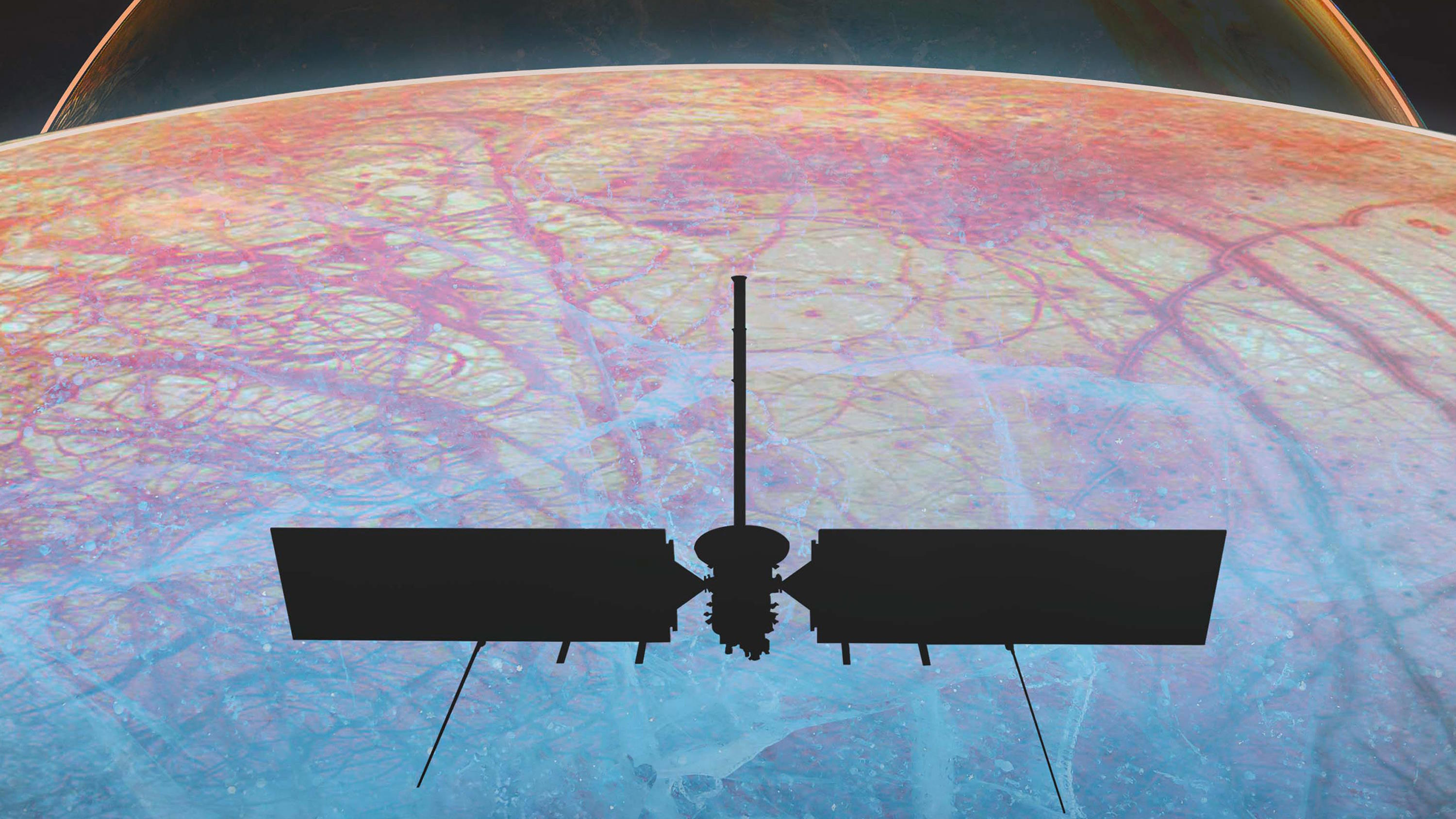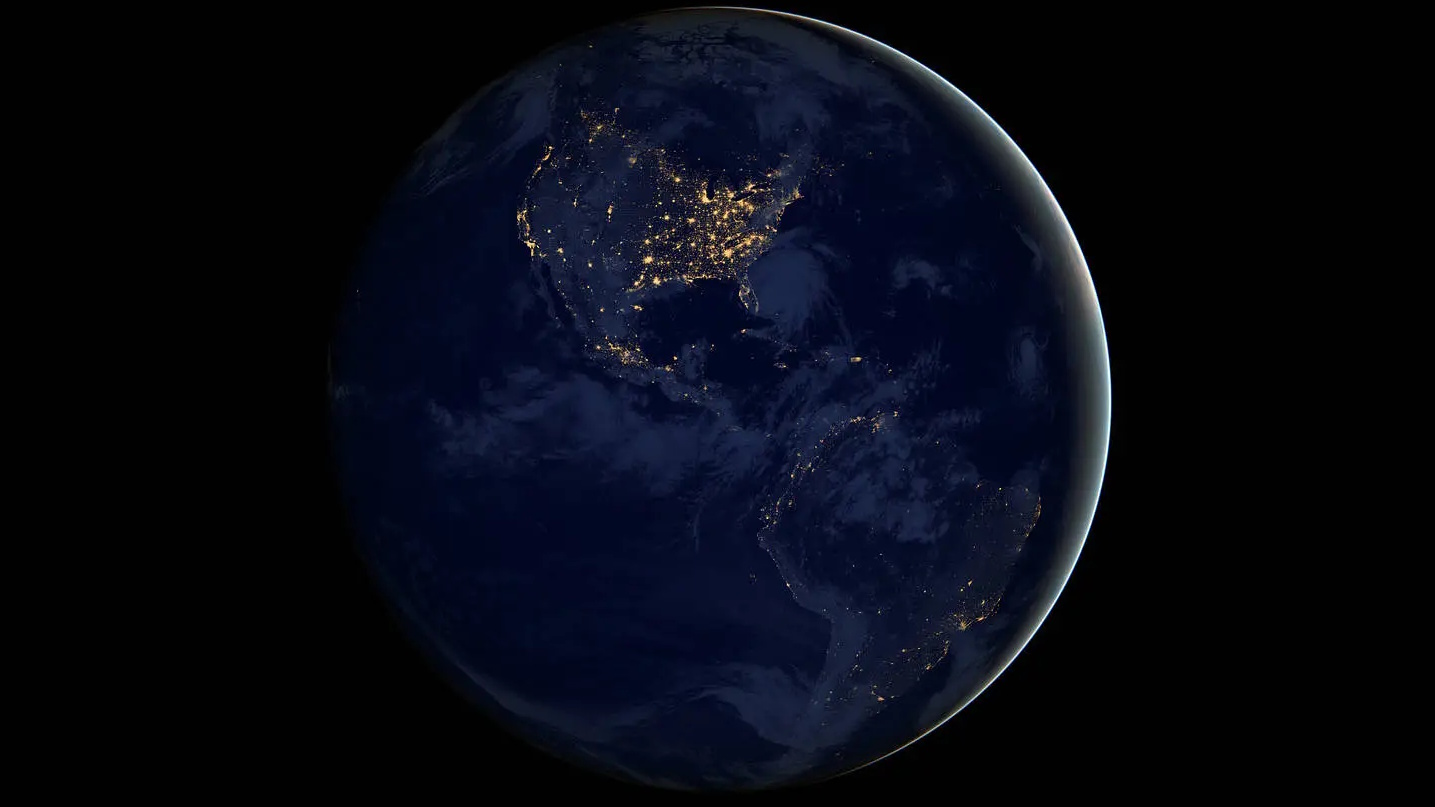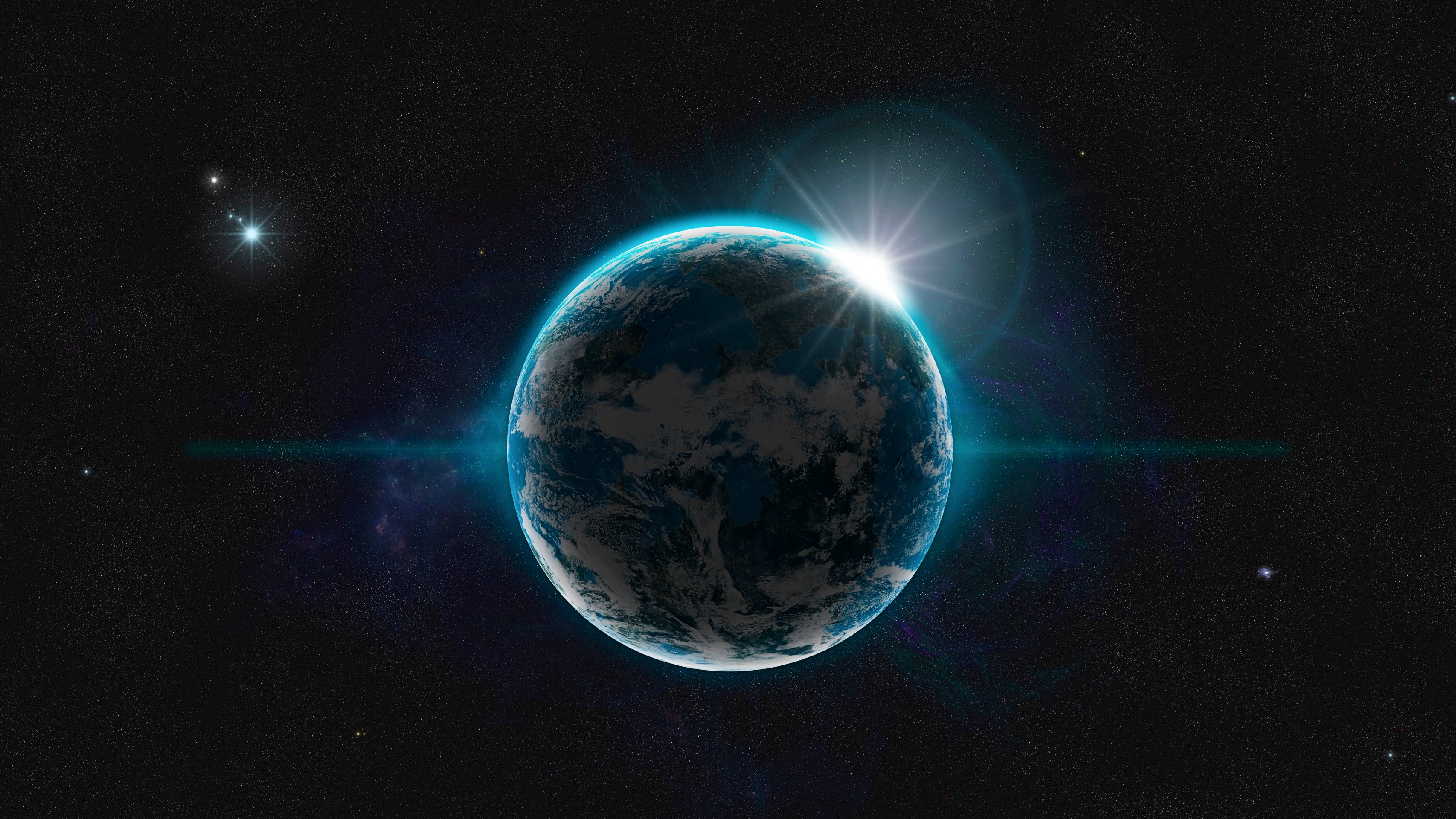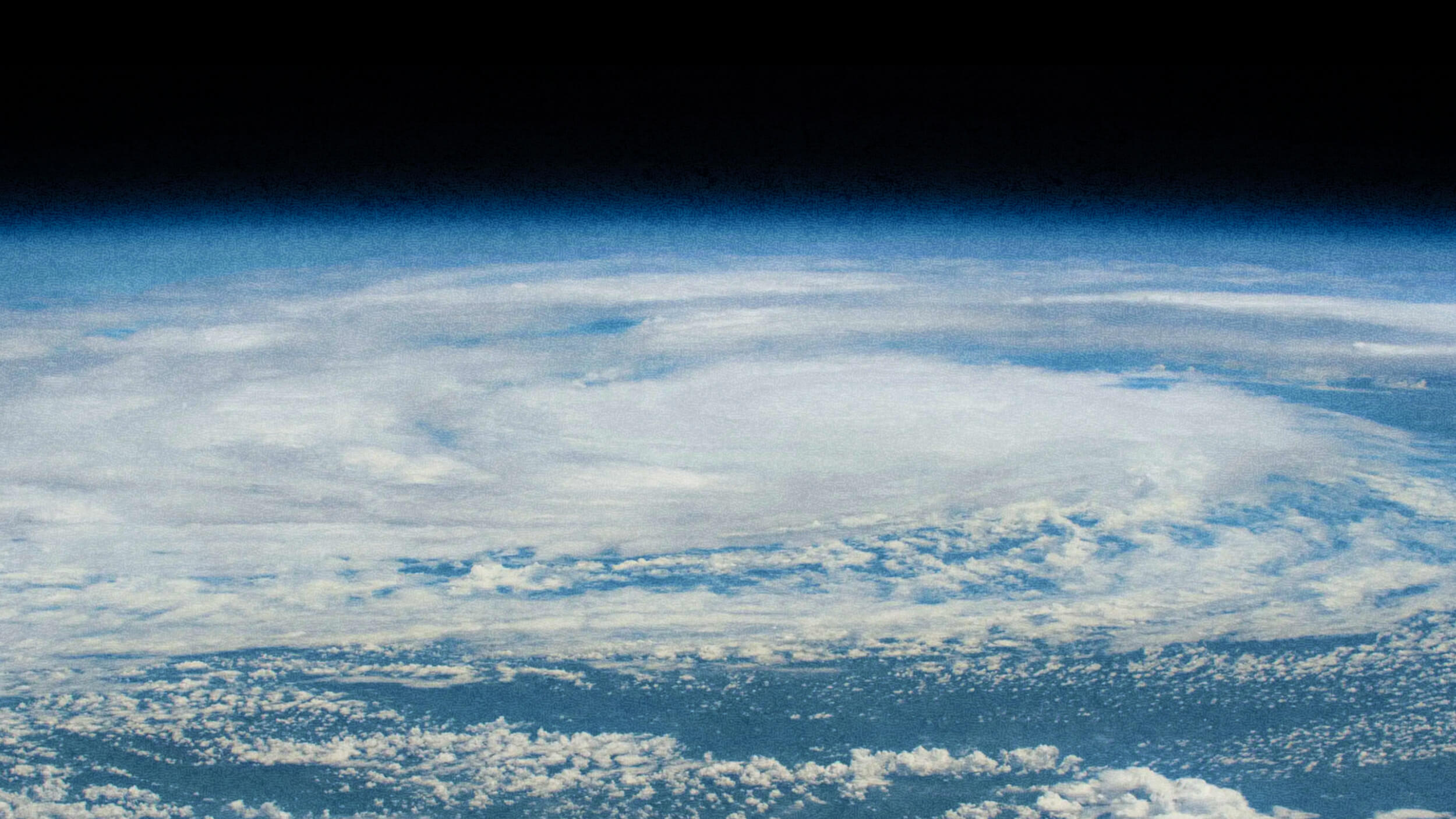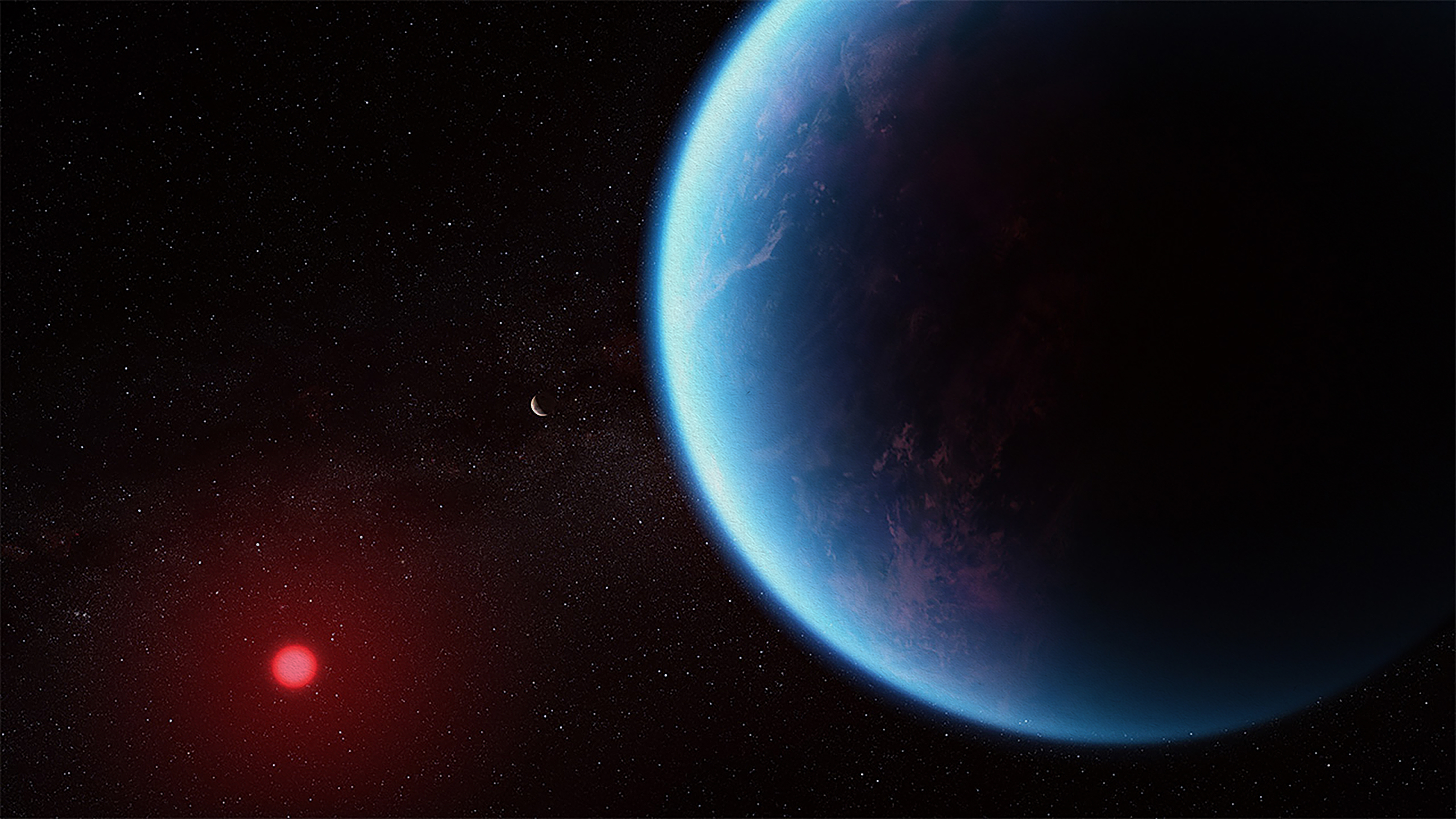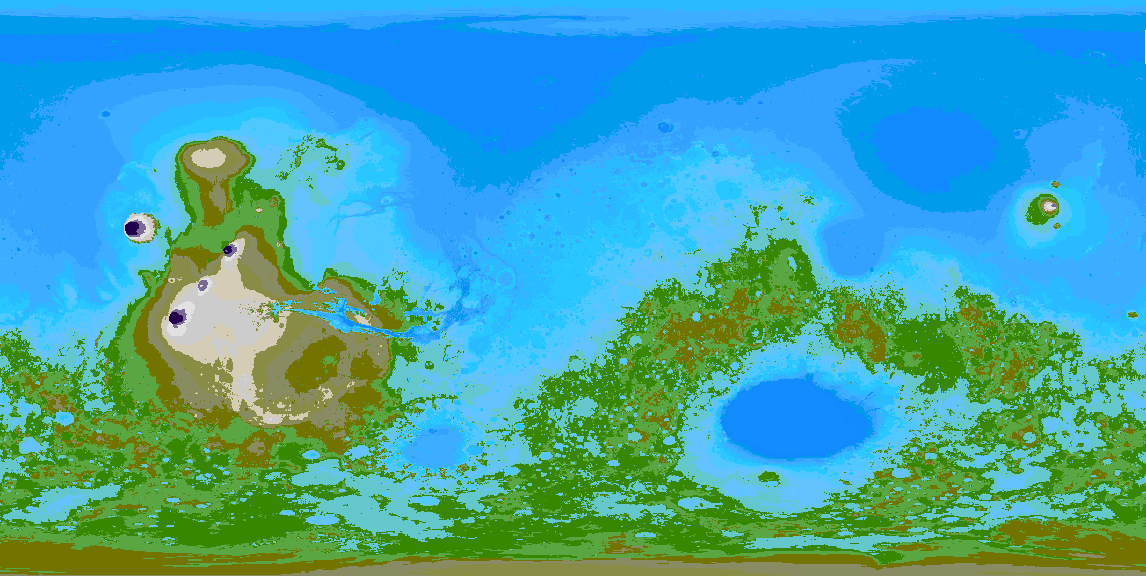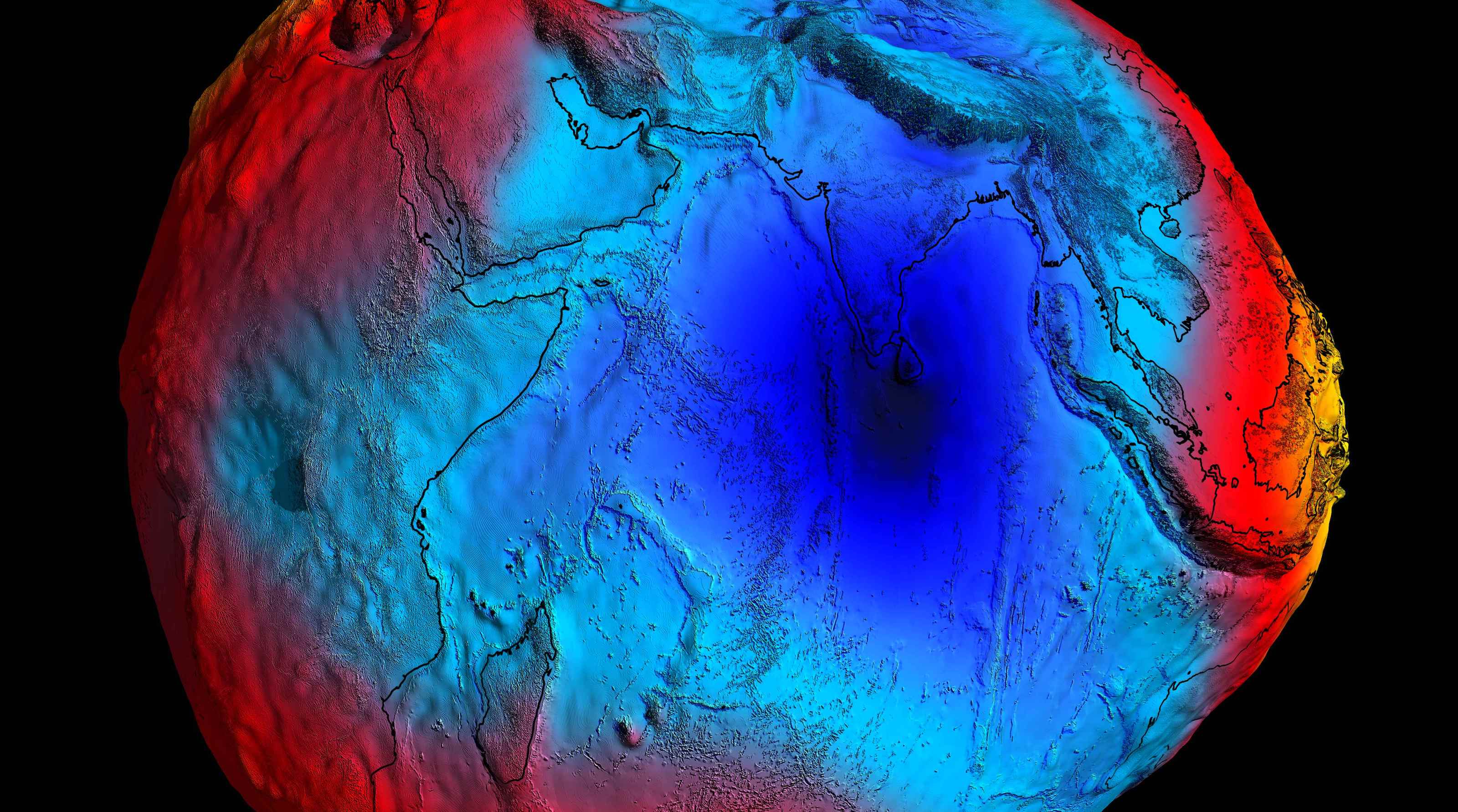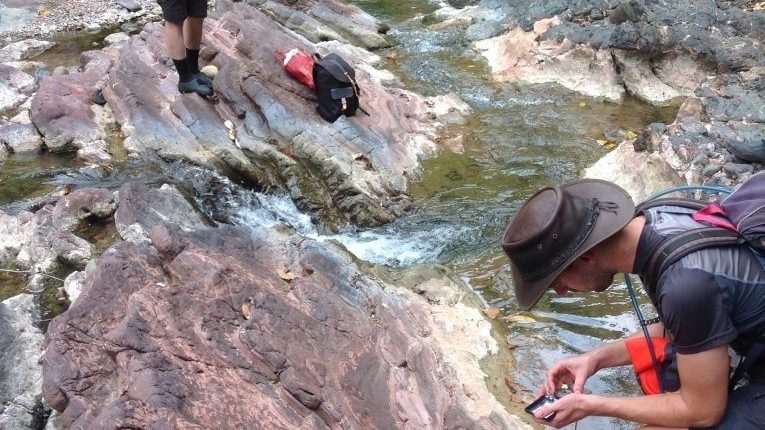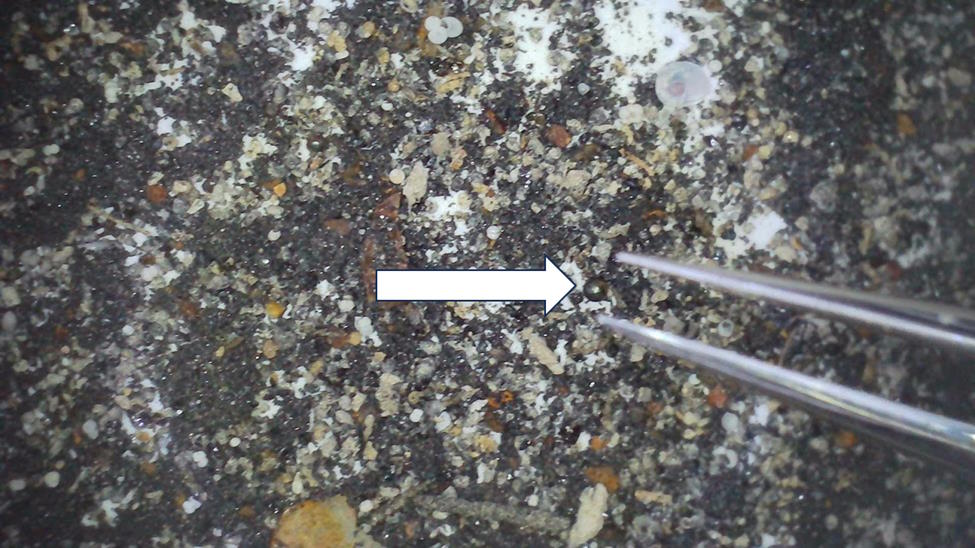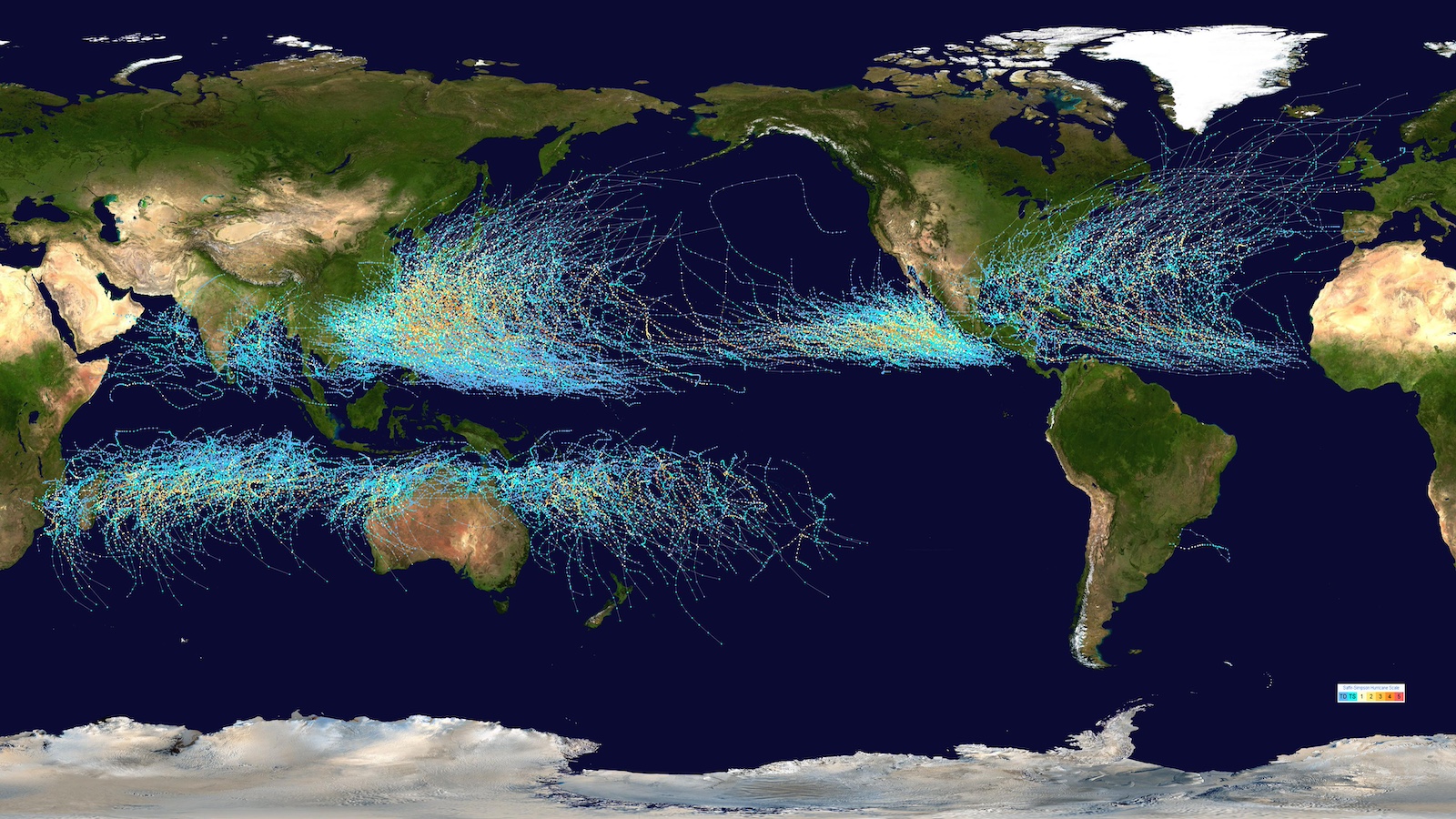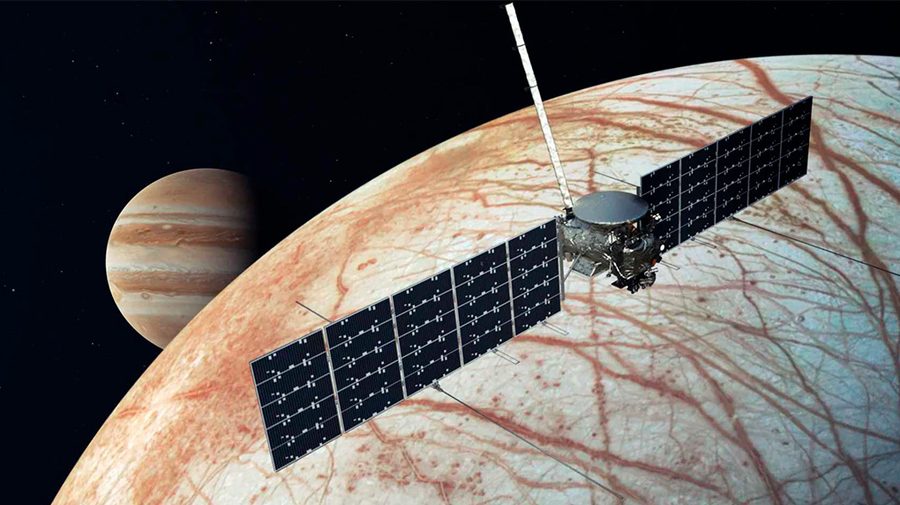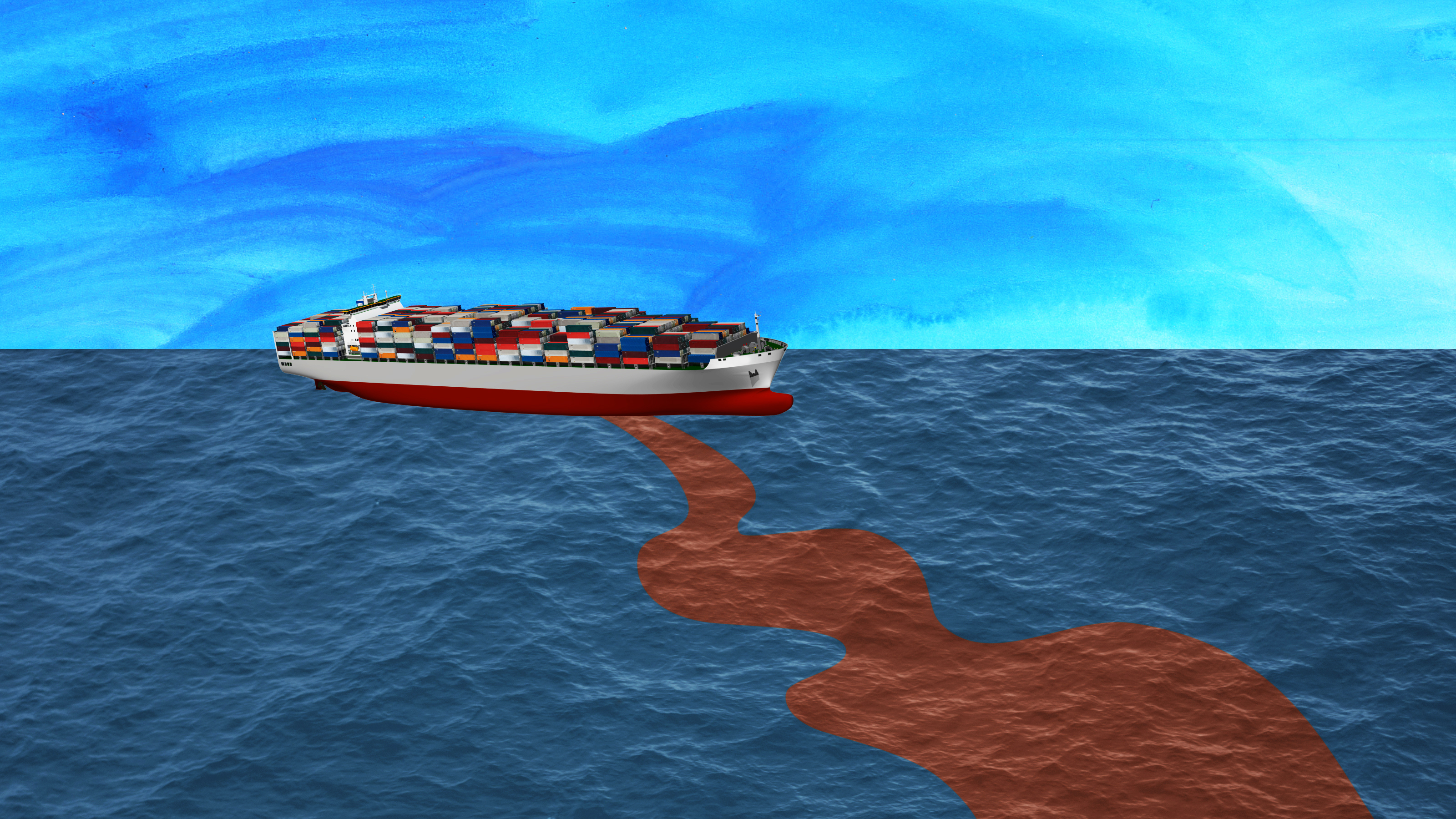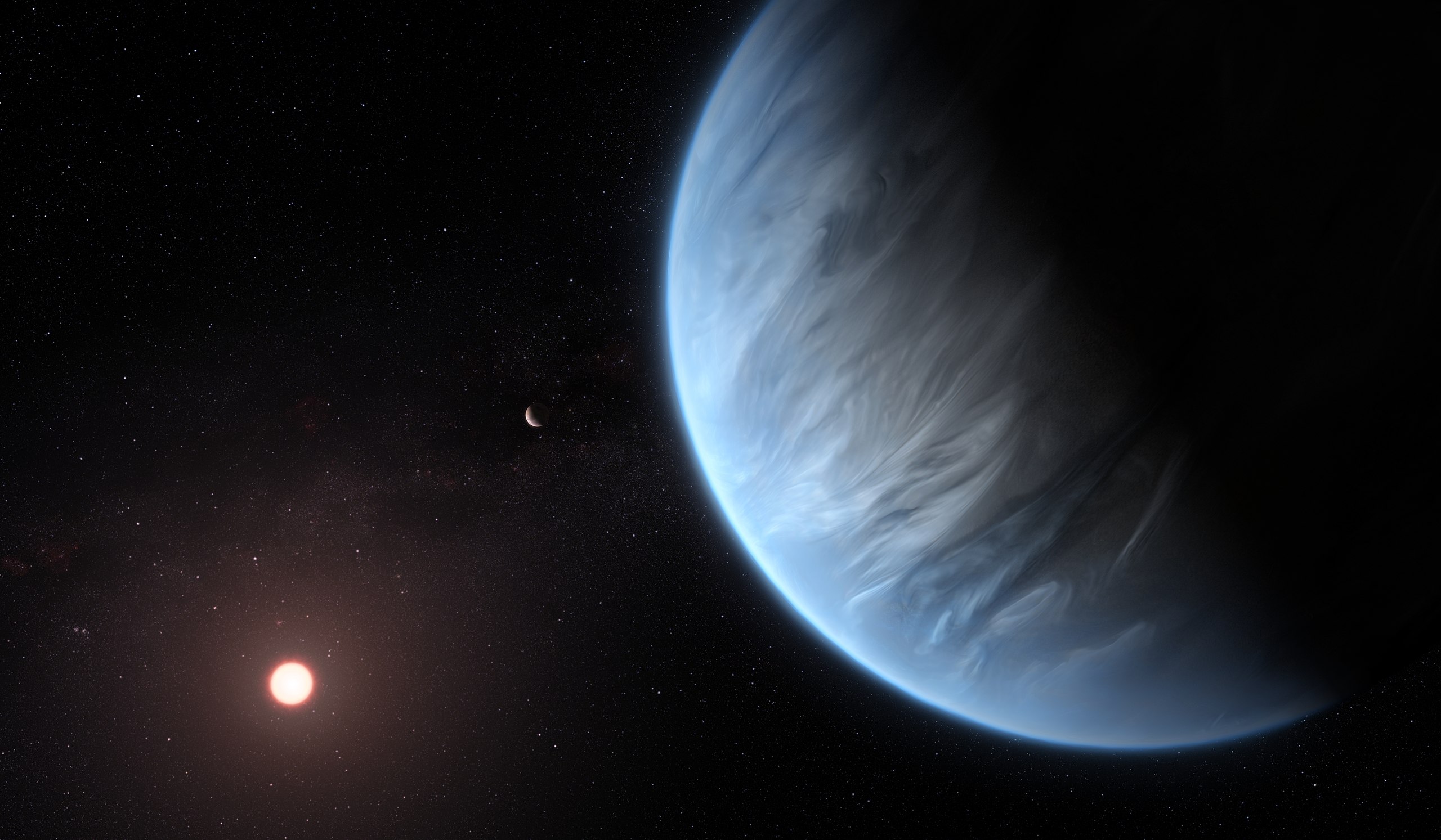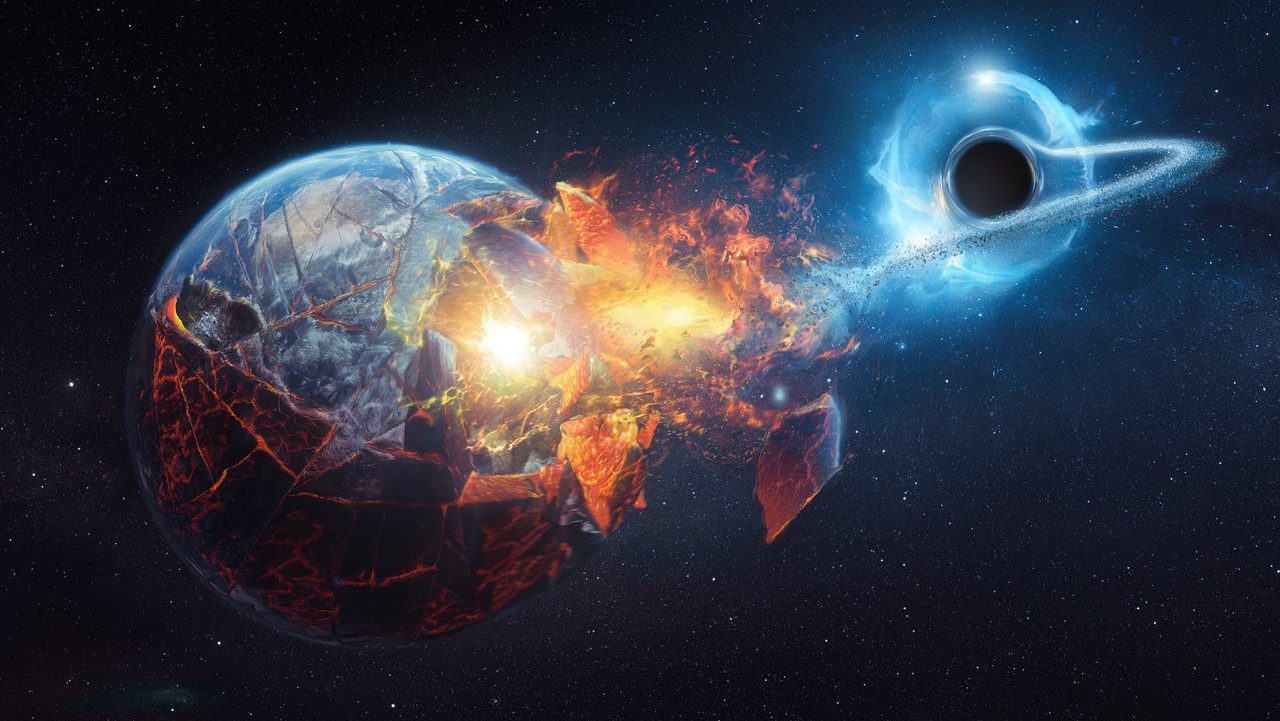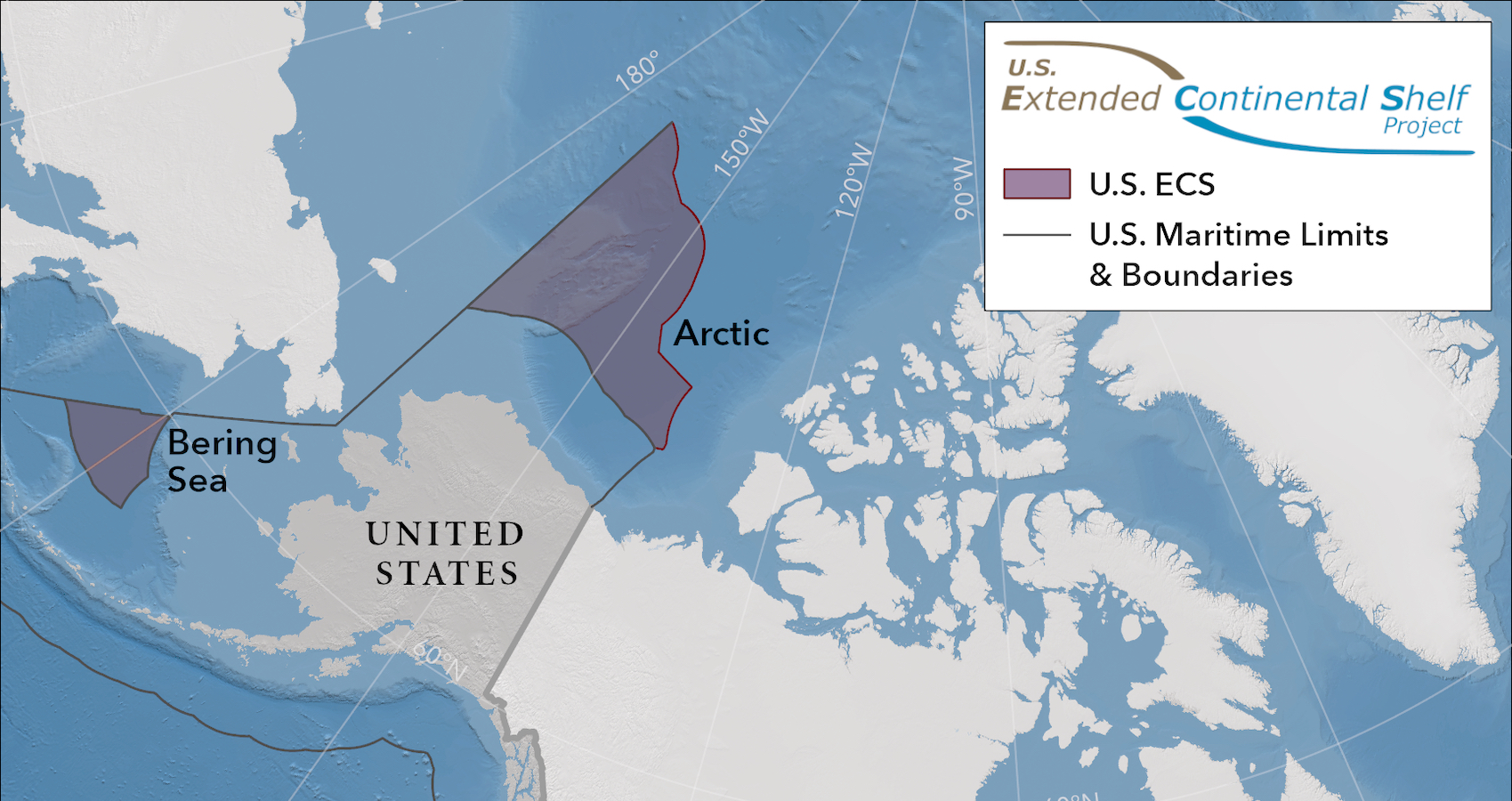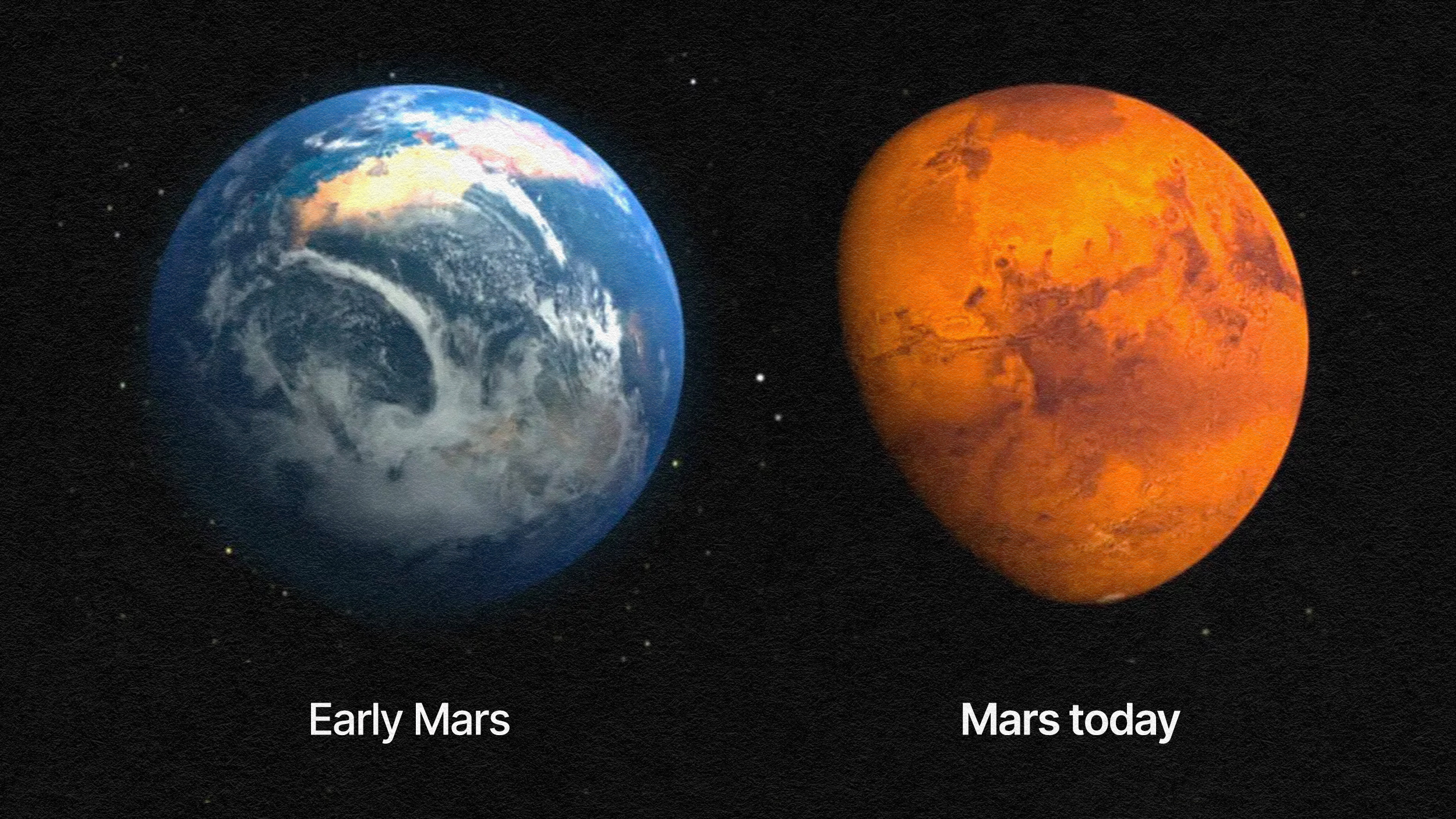The salinity of the oceans is not just a matter of taste. Saltier water behaves differently, too.
Search Results
You searched for: Ocean
The existence of another watery world in the outer solar system may offer clues to how such seas form — and hope for another spot to search for life.
This research team is working out how to detect extraterrestrial cells in the liquid water ocean hidden beneath Enceladus’s icy crust.
Explore how the study of exoplanets is transforming our understanding of ocean formation.
Ancient currents seemed to move in concert with a 2.4 million-year dance between the Red Planet and Earth.
Could life be widespread throughout the cosmos, in the subsurface oceans of ice-covered worlds? NASA’s Europa Clipper mission investigates.
Even from a single pixel, multiwavelength data taken over time can reveal clouds, icecaps, oceans, continents, and even signs of life.
“We are beginning to take our first steps out into the cosmic ocean… and the water seems inviting.”
▸
19 min
—
with
The laws of physics aren’t changing. But the Earth’s conditions are different than what they used to be, and so are hurricanes as a result.
Driven by a childhood marked by war and environmental devastation, Dyhia Belhabib developed an innovative technology to combat illegal fishing.
In a recent paper, biologists outlined a three-part hypothesis for how all life as we know it began.
The number of planets that could support life may be far greater than previously thought, a recent discovery suggests.
In his new book, the popular science writer tells the story of how scientists discovered the “gaseous ocean” we all swim in — and the trillions of invisible life forms we share it with.
A Cambridge-based team claims to find molecules on an exoplanet that are only produced by life on Earth. Don’t fall for the unfounded hype.
Chemical changes inside Mars’ core caused it to lose its magnetic field. This, in turn, caused it to lose its oceans. But how?
Seventy-five years after the anomaly’s discovery, scientists have finally figured out why sea levels are so much lower here.
In 8,000-mile journey, a male humpback ditches Colombia for Tanzania — however, scientists don’t know why he made the trip.
Harvard astronomer Avi Loeb claimed to track down and find alien spherules on the ocean bottom. Here’s the sober truth.
For well over a century, engineers have proposed harnessing the ocean’s tides for energy. But the idea hasn’t seemed to register in many places.
13.8 columnist Marcelo Gleiser reflects on his recent voyage to Earth’s last wild continent.
Thanks to the Coriolis force, hurricanes never cross the equator.
MIT Scientist Jason Soderblom describes how the NASA mission will study the geology and composition of the surface of Jupiter’s water-rich moon and assess its astrobiological potential.
Ocean fertilization is extremely controversial, but if done correctly, it just might work.
A Harvard astronomer went to the bottom of the ocean, claiming he recovered alien technology. But what does the science actually indicate?
Some fascinating observations of K2-18b have come along with horrendous, speculative communications. There’s no evidence for oceans or life.
“We wouldn’t be able to talk about minerals if it weren’t for the minerals themselves.” Mineralogist Bob Hazen explains how Earth’s rocks can teach us about our planet’s technicolor history.
▸
3 min
—
with
No matter how you define the end, including the demise of humanity, all life, or even the planet itself, our ultimate destruction awaits.
No shots fired. No flags raised. And no dry land gained. Still, the U.S. effectively grew by the size of about two Californias in December.
In the early stages of our Solar System, there were three life-friendly planets: Venus, Earth, and Mars. Only Earth thrived. Here’s why.
